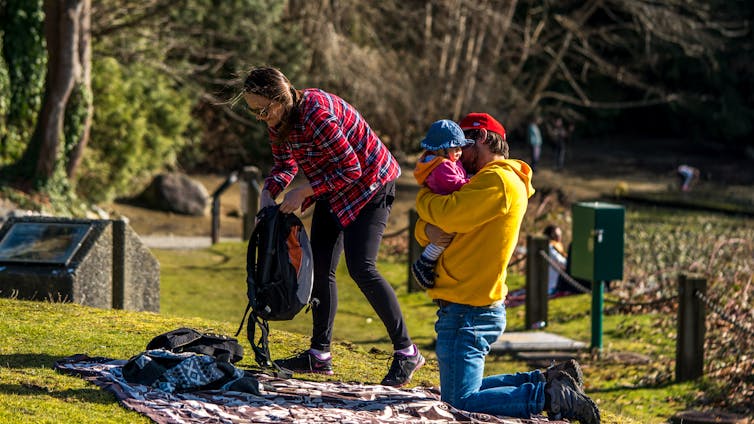¬†is an Associate Professor, Department of Sociology and Social Anthropology,¬†Őż≤Ļ≤‘ĽŚŐż¬†is an Associate Professor, Sociology,¬†.
All participant names in this story are pseudonyms.
What does it mean to have few or no friends in a time when social connection is seen as key to a healthy and fulfilling life? This is the question at the centre of on modern friendship in an Atlantic Canadian city.
Friendship is having a cultural moment. From to , a wide range of experts have pointed to friendship and social connection as being vital for people to live good and healthy lives and as a way to combat a growing ‚Äú.‚ÄĚ
But not everyone experiences friendship in the same way. Andrew, a student in his mid-20s who took part in our study, identified as having no friends. He told us:
‚ÄúI do feel sad and lonely a lot. But I also feel kind of at peace, because I‚Äôm pretty introverted. I do want my alone time. So I kind of struggle going back and forth between liking not having friends and then also hating it. It‚Äôs just those two are always in conflict.‚ÄĚ
Andrew’s experience reflects the broader tensions many people feel about modern friendship. While friendship is widely valued, and sees virtues in introversion.
These ideals can affirm a desire for solitude, but they don’t stop people from worrying about the negative effects of living friendless lives. These conflicting messages can leave people unsure of how to feel about living without friends.
Ready to make a change? The Quarter Life Glow-up is a new, six-week newsletter course from The Conversation‚Äôs UK and Canada editions. Every week, we‚Äôll bring you research-backed advice and tools to help improve your relationships, your career, your free time and your mental health ‚Äď no supplements or skincare required. to start your glow-up at any time.
Exploring friendlessness in adulthood
In our study, we interviewed 21 men and women to understand experiences of friendlessness. Over half were in the ‚Äúquarter life‚ÄĚ phase, meaning they were in their 20s or 30s. They ranged from young professionals, to students, to minimum wage workers.
Some participants had rich family lives, professional lives or spousal relationships. Others were almost entirely socially isolated. Still, all participants saw lacking friends as something they struggled with, thought about or needed to justify to others.

Research has shown that and that .
Since we recruited ‚Äúfriendless‚ÄĚ rather than ‚Äúlonely‚ÄĚ people for our study, we didn‚Äôt assume that people without friends were lonely. Instead, we aimed to understand how they experienced life without friends.
Why people struggle to make friends
Participants in our study reported a range of challenges to making friends, as well as insights into what it’s like not to have them.
Challenges included lacking regular encounters with others due to the structures of school or work or having quit s

